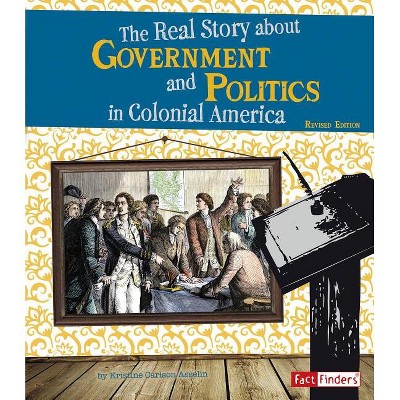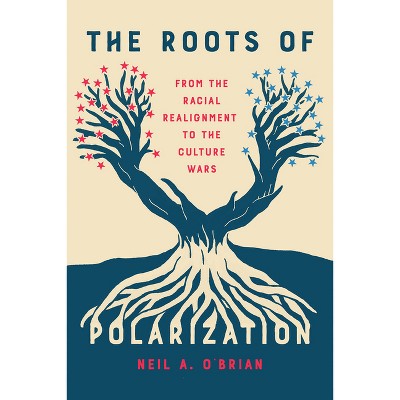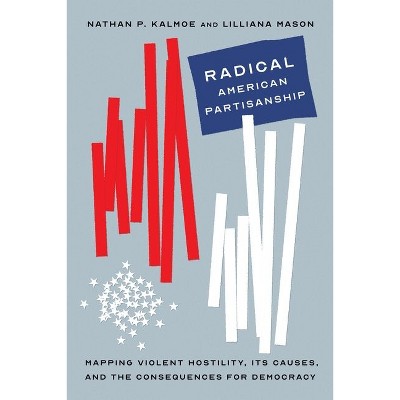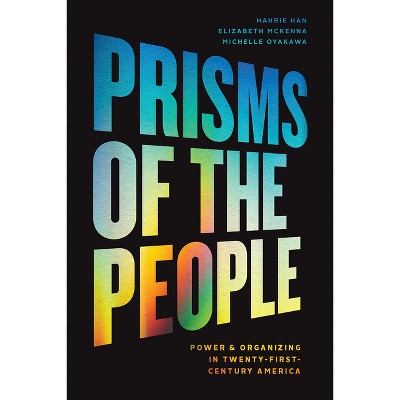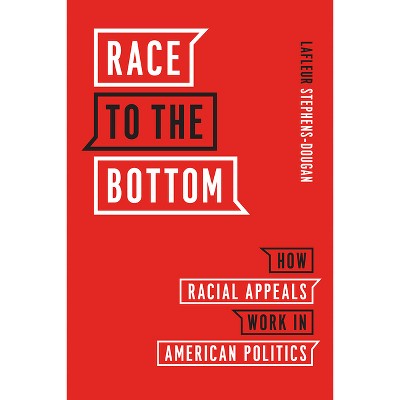Sponsored

Through the Grapevine - (Chicago Studies in American Politics) by Taylor N Carlson
In Stock
Sponsored
About this item
Highlights
- An enlightening examination of what it means when Americans rely on family and friends to stay on top of politics.
- About the Author: Taylor N. Carlson is associate professor of political science at Washington University in St. Louis.
- 232 Pages
- Political Science, Political Process
- Series Name: Chicago Studies in American Politics
Description
About the Book
"Accurate information about politics is at the heart of democratic functioning. For decades, those concerned with the information environment have understandably focused on mass media, but many Americans do not learn about politics from direct engagement with the news. Indeed, about one-third of Americans learn about politics from socially transmitted information they acquire from conversations with others and social media. How does socially transmitted information differ from information communicated by mass media? And what are the consequences for political behavior? Drawing on evidence from experiments, surveys, and Twitter, Taylor Carlson finds that, as information flows from the media to person to person, it becomes sparse, more biased, less accurate, and more mobilizing. The result is what Carlson calls distorted democracy. Although socially transmitted information does not necessarily render democracy dysfunctional, it does contribute to a public that is at once underinformed, polarized, and engaged"--Book Synopsis
An enlightening examination of what it means when Americans rely on family and friends to stay on top of politics.
Accurate information is at the heart of democratic functioning. For decades, researchers interested in how information is disseminated have focused on mass media, but the reality is that many Americans today do not learn about politics from direct engagement with the news. Rather, about one-third of Americans learn chiefly from information shared by their peers in conversation or on social media. How does this socially transmitted information differ from that communicated by traditional media? What are the consequences for political attitudes and behavior?
Drawing on evidence from experiments, surveys, and social media, Taylor N. Carlson finds that, as information flows first from the media then person to person, it becomes sparse, more biased, less accurate, and more mobilizing. The result is what Carlson calls distorted democracy. Although socially transmitted information does not necessarily render democracy dysfunctional, Through the Grapevine shows how it contributes to a public that is at once underinformed, polarized, and engaged.
Review Quotes
"Through the Grapevine is one of the most important books written on public opinion formation in some time. Carlson convincingly argues that as an engaged public discusses politics via word-of-mouth, they distort it, make it less accurate, and more polarizing. This turns decades of conventional wisdom about the role that informed news consumers play in a democracy on its head and sheds light on how most Americans form their political opinions."--Kevin Arceneaux author of "Changing Minds or Changing Channels?"
"Many citizens learn about politics through conversations with their friends and family. Such engagement can come with a steep cost. In this terrific and meticulously researched book, Carlson argues that interpersonal conversations about politics may do more harm than good. As citizens discuss what they read or hear in media reports, the actual information transmitted through conversation degrades and becomes more partisan in character, more negative in tone, and less accurate in nature."--Adam J. Berinsky Massachusetts Institute of Technology
About the Author
Taylor N. Carlson is associate professor of political science at Washington University in St. Louis. Her previous books include Talking Politics and What Goes Without Saying.





